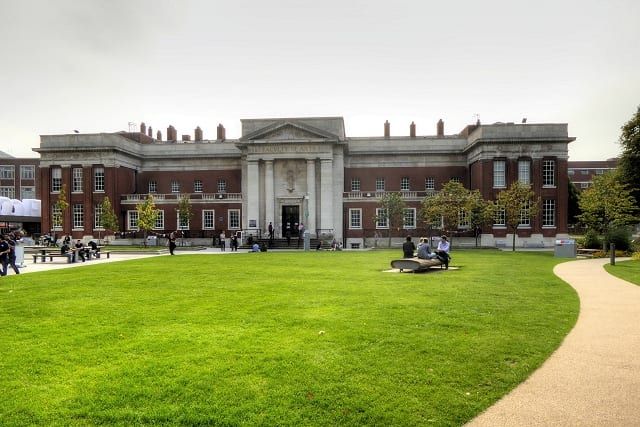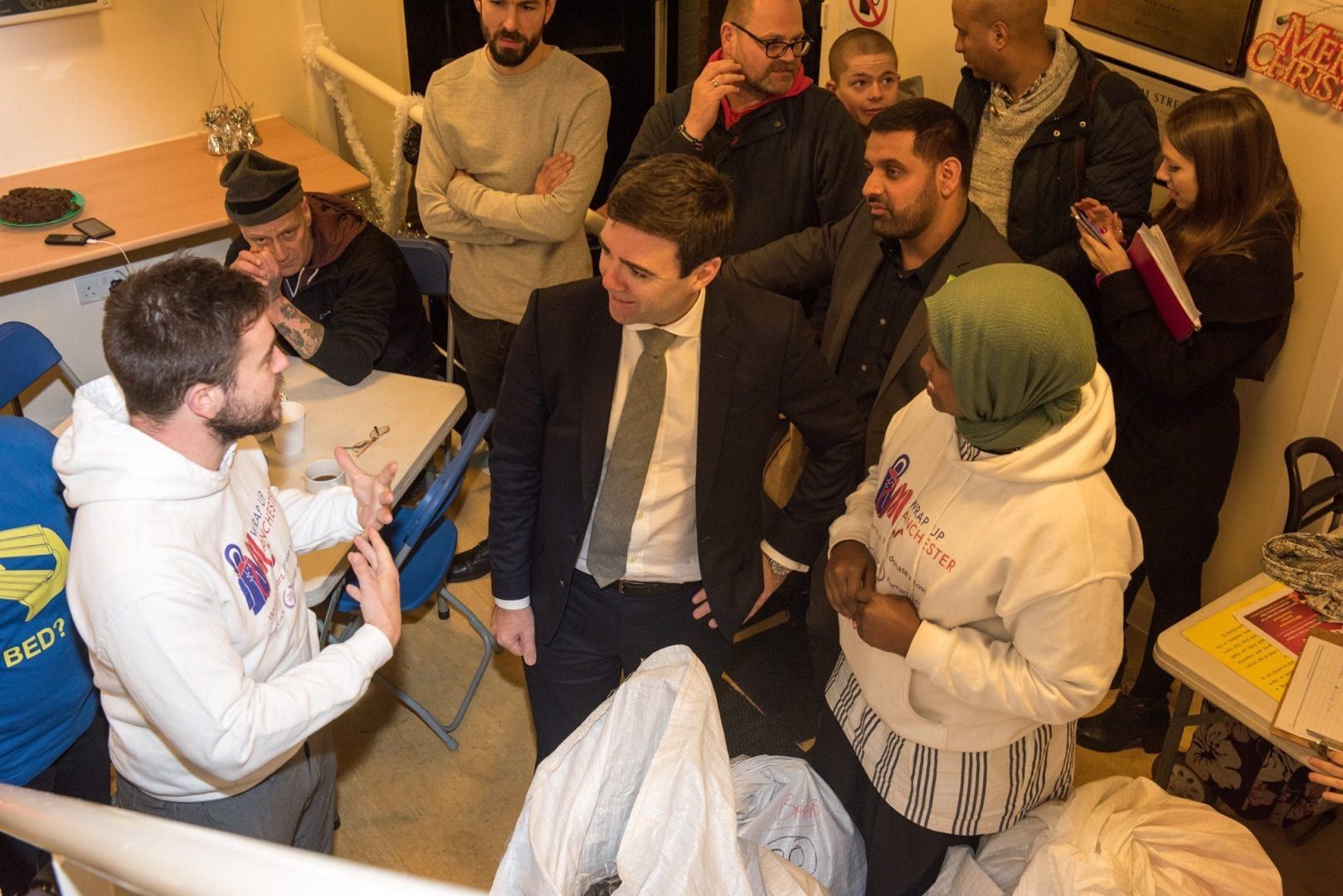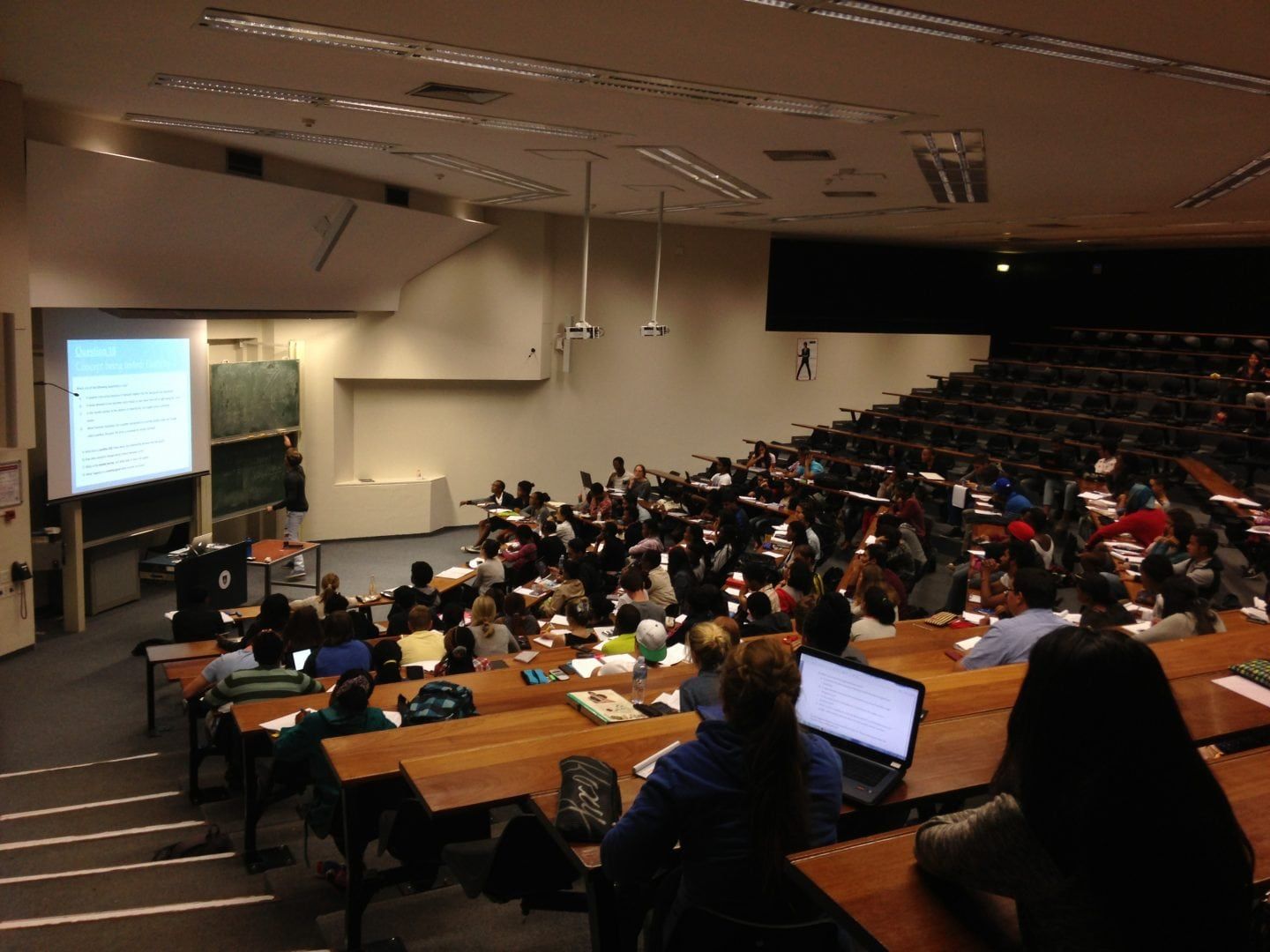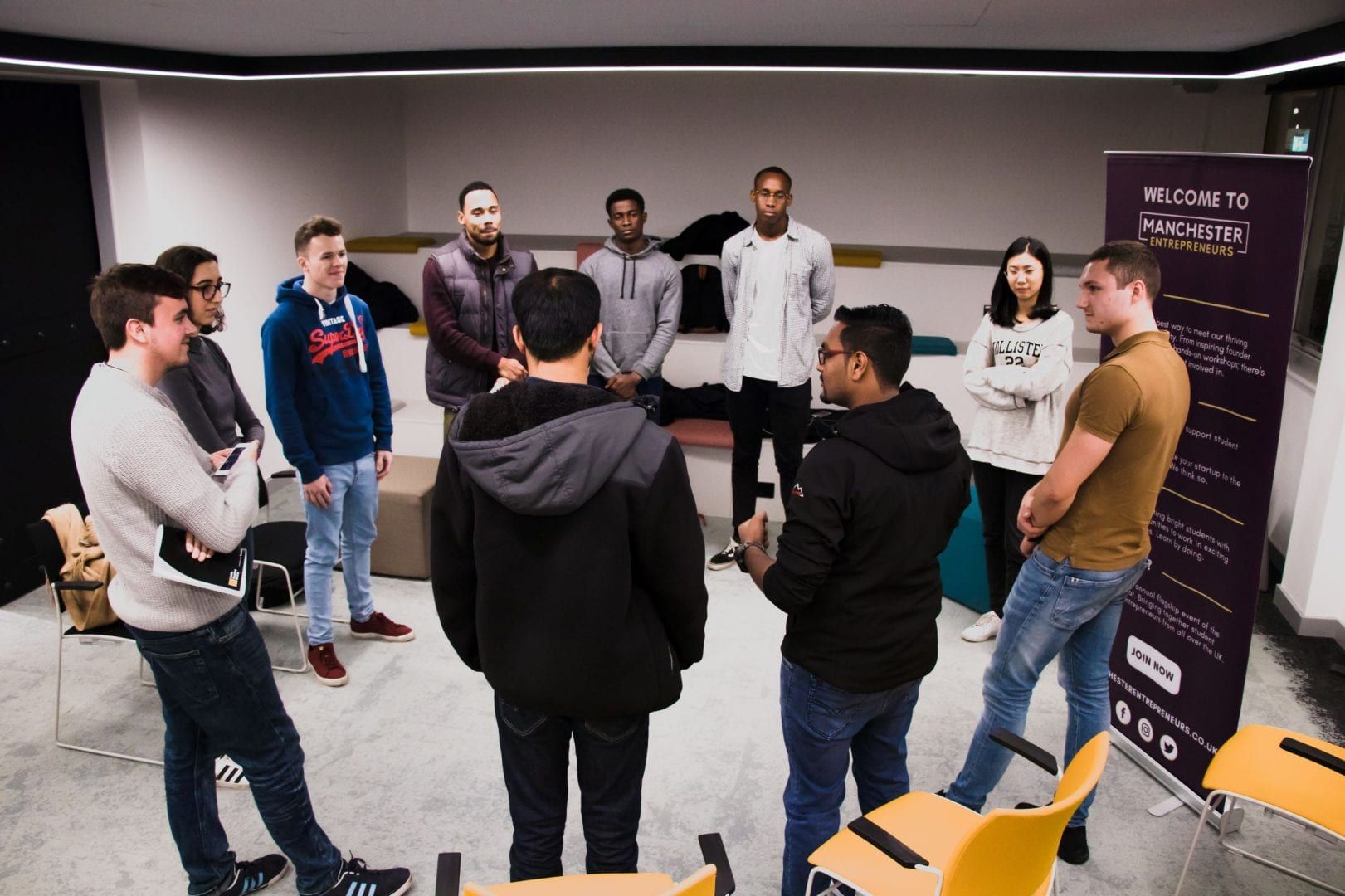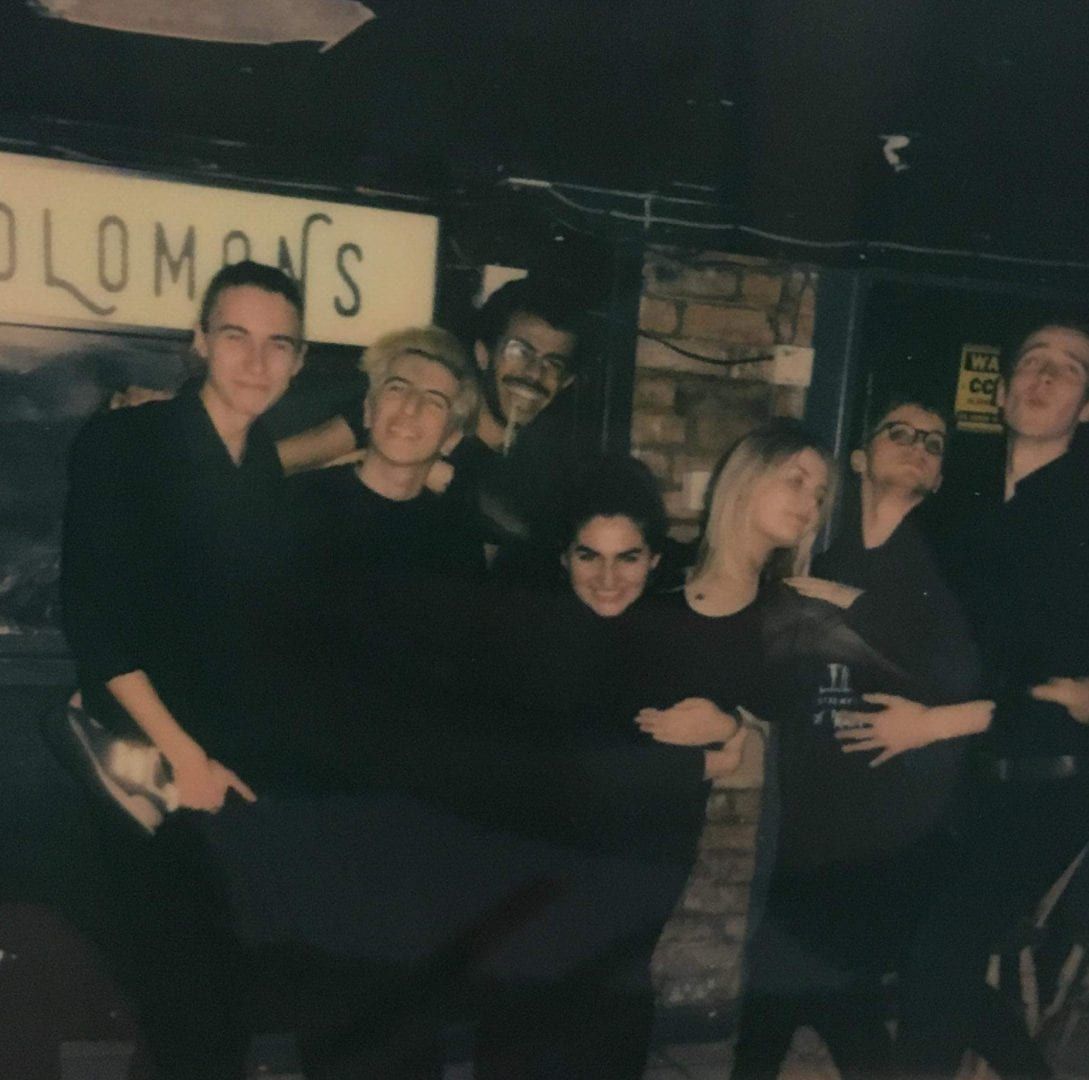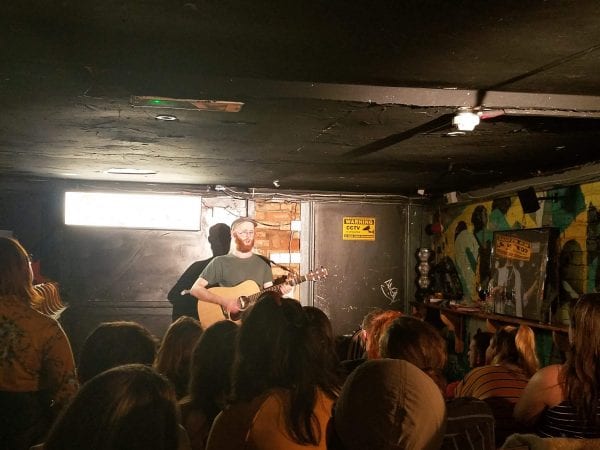The Mancunion has looked into which companies the University of Manchester directly holds shares in.
The portfolio includes businesses operating around the world and features brands like Durex, GlaxoSmithKline, and the Las Vegas Sands Corporation.
The world of drugs and pharmaceuticals often comes up in debates about access to medicines around the world, animal testing, and exponential price rises in pursuit of profit. Despite the complications, the University continues to invest in pharmaceutical companies around the world.
One of these is GlaxoSmithKline, a global firm with its headquarters in London turning over around £25bn a year through its drugs, vaccines, and consumer products. Some of their consumer brands include good old Horlicks, Aquafresh toothpaste, and everyone’s childhood favourite, Calpol.
The University also invests in another drug company, Bayer Global. As well as drugs and consumer products, Bayer owns brands in crop science and animal health. One of these is Roundup Herbicide, which produces the weed-killer that prompted calls for a ban in the UK.
Another investment choice by the University is in Reckitt Benckiser — a multi-national company that owns many well-known household brands. It sells everything for your perfectly-curated date night. You have Air Wick to create that sensual scent sensation and Dettol to scrub up your Oak House room. If it all goes well you also have Durex to practice safe sex.
Perhaps it’s not so ideal for the University then that young people today are almost three times as likely to opt out of being sexually active. But, alas, being dubbed the ‘sensible’ generation of ‘snowflakes’ may result in a record high of antibacterial sales. Therefore the university might win as much as it loses.
No eclectic range of investment options would be complete though without a bit of rock ‘n’ roll. The University has thankfully got this covered; holding shares in Las Vegas Sands Corporation. The company is famous for its hotels, casinos, and retail spaces.
Some of them include Marina Bay Sands in Singapore and The Venetian Hotel and Casino resort in Macao, China. In America there is of course, The Palazzo and The Venetian on the Las Vegas Strip. The latter boasts an in-house chapel for all your quickie wedding needs, a nightclub housing a 20-foot Buddha statue; and of course, Gondola rides to make guests think they could reach Italy without leaving the US borders. So, if your Oak House date goes extremely well, the University’s investments have you covered for that next marital step.
The University also has a stake in businesses operating in fields such as construction, banking, mining, carmaking and technology. It has shares in Google-owner Alphabet and its Chinese equivalent Baidu. It also has an interest in many Japanese banks, as well as Wells Fargo, the US finance giant which has been mired in a string of scandals. In 2016 it was fined $185m for creating millions of unauthorised accounts to hit sales targets.
Seemingly, it’s a bit of a strange mix of investment options for the University. However, all are known to be profitable, and help the University to grow from big to bigger. Having said this, investments made up less than 1% of the University’s income in 2017-18. So, while you might question some of its investment choices, they’re a small contribution in comparison to other funding sources.
The Mancunion’s previously reported on ethically controversial companies in the University’s management portfolio, for example Caterpillar, who allegedly supplied the armoured bulldozers that Israeli military forces used to destroy Palestinian homes, and an array of fossil fuel companies. Two weeks ago, it was reported that the University almost doubled their fossil fuel investments in the past year.
In response, a University spokesperson said: “The University works closely with its investment managers to ensure our portfolio complies with the University’s published Socially Responsible Investment (SRI) policy and considers Environmental, Social, and Governance (ESG) issues as well as financial factors.
“The SRI policy we have developed allows the University to pursue an ethical investment approach, whilst minimising and potential negative impact on its investment returns.”





